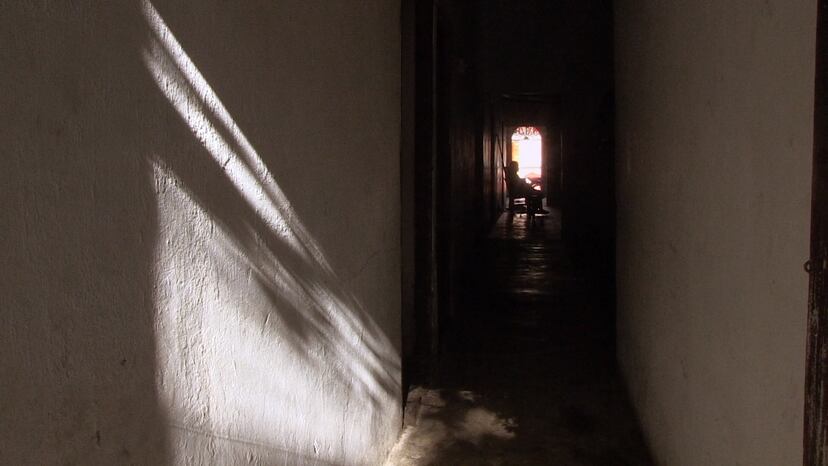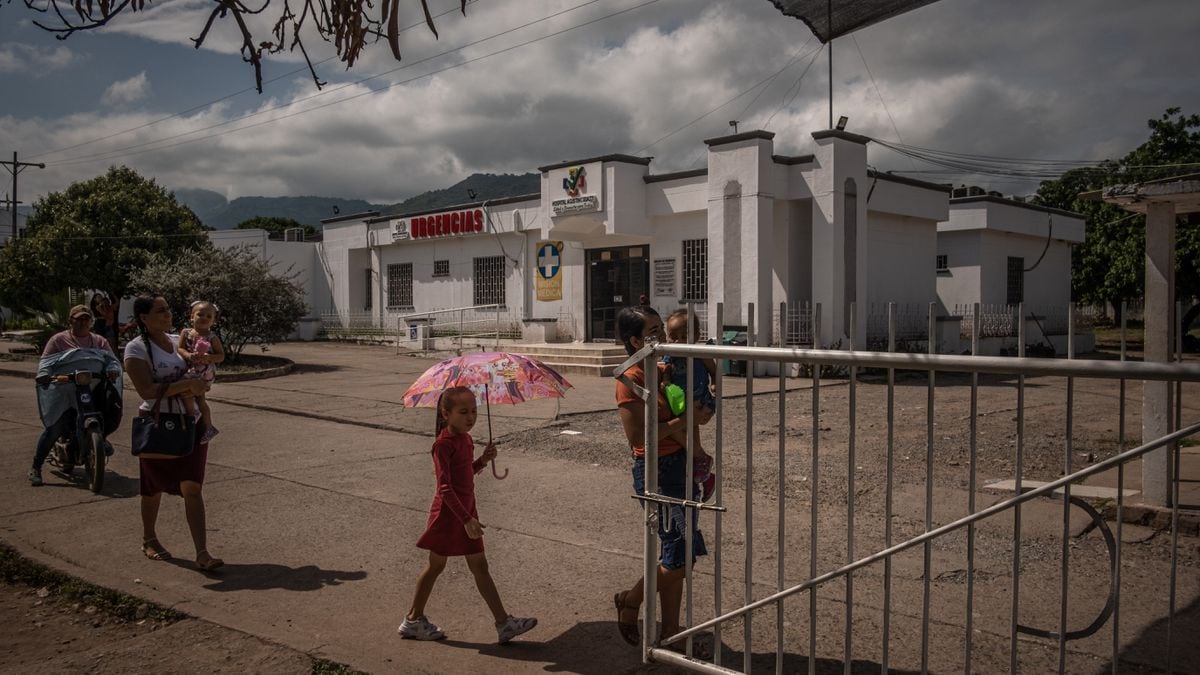Maria Dionisia Navarro or Mama Icha, the protagonist of the documentary.
Film director Oscar Molina worked as a laborer in Japan, was a student in the United States, and surrounded himself with migrants whom he heard the same desire over and over again: to have a home in the place they left.
To Molina (Medellín, 1970) it seemed revealing: "how is it that you have to leave home, thousands of kilometers from where you were born, precisely to have a home?"
The question haunted him for years and was added to others.
In a country rich with natural and cultural resources like Colombia, why are people forced to leave? How to return? How to reconnect with a homeland imagined in the distance?
More information
Survive, after all
Colombian migrants send the most remittances to their country
From this reality, which is the one that goes through thousands of Colombians who migrate for economic reasons and send remittances to build their homes,
La Casa de Mamá Icha
emerged
, a documentary about longing for the land and uprooting.
On the difficulty of returning to inhabit those houses, returning to the trees of childhood, to the earth.
Official trailer |
Mama Icha's house.
Mama Icha or Maria Dionisia Navarro is a woman who at 93 decides to return to her native Mompox, in northern Colombia, to die at home. He migrated to the United States to help his daughter, taking care of the grandchildren, and he stayed for three decades. There she grew old while she was building a house from a distance, with the money she sent to Colombia. He imagined it, he dreamed it, but he could not inhabit it or enjoy it.
Mama Icha's immovable decision to return causes a family schism and highlights the dilemma of migrants who have been abroad for many years: if she leaves the United States, she will not be able to receive a pension, but without that money she will not be able to survive in Colombia. “Mamá Icha's house is a declaration of love for one's land. There is a heroic character in his determination to spend his last days in the land of origin, ”says director Óscar Molina from his home in Santa Elena, a rural area of Medellín, where a rooster cackles in the background. Molina accompanies her on the return trip and also documents the clash with reality, family disputes and, basically, respect for the authority and decisions of the elderly.
The film is an intimate portrait that questions what a house is for those who migrate.
Molina's camera turns the viewer into an observer of the anguish and family struggles.
“The concept of the house is amplified and more complex.
The migrants, after many years, manage to make the dream come true, but with the passage of time and new relationships, they become dependent on the economic resources of the place where they live ”, adds Molina.
Now, together with the producer Brenda Steinecke, he is preparing another documentary called
La Casa de Los Ausentes
, about houses built with remittances around the world, which is part of the multimedia trilogy within the project My Home My Home.
Molina's film is the work of almost a decade and he almost fell into a dream because the pandemic struck precisely when it was about to launch.
And it is also framed in a moment in which documentary cinema sets the standard in Colombian filmography.
“There is an explosion in terms of quantity and quality.
You feel a commitment to account for realities, ”Molina tells EL PAÍS.
However, as with all Colombian cinema, it faces the exhibition and struggles to sustain itself in theaters.
Follow all the international information on
and
, or in
our weekly newsletter
.



/cloudfront-eu-central-1.images.arcpublishing.com/prisa/MDDZP2GY4JH33JWLQTLLTJER6A.jpg)

/cloudfront-eu-central-1.images.arcpublishing.com/prisa/TFE6EWVHWNDH5FGK5FXGJSZU5Q.JPG)
/cloudfront-eu-central-1.images.arcpublishing.com/prisa/UMBJ4C443RCVDFXUVBOQGCG33I.jpg)
/cloudfront-eu-central-1.images.arcpublishing.com/prisa/RYAE4R2YX5G7LGEJQ74SXZI47A.jpg)

/cloudfront-eu-central-1.images.arcpublishing.com/prisa/YOIAB3IZVZENPLEXJ3PCP7HOI4.jpg)